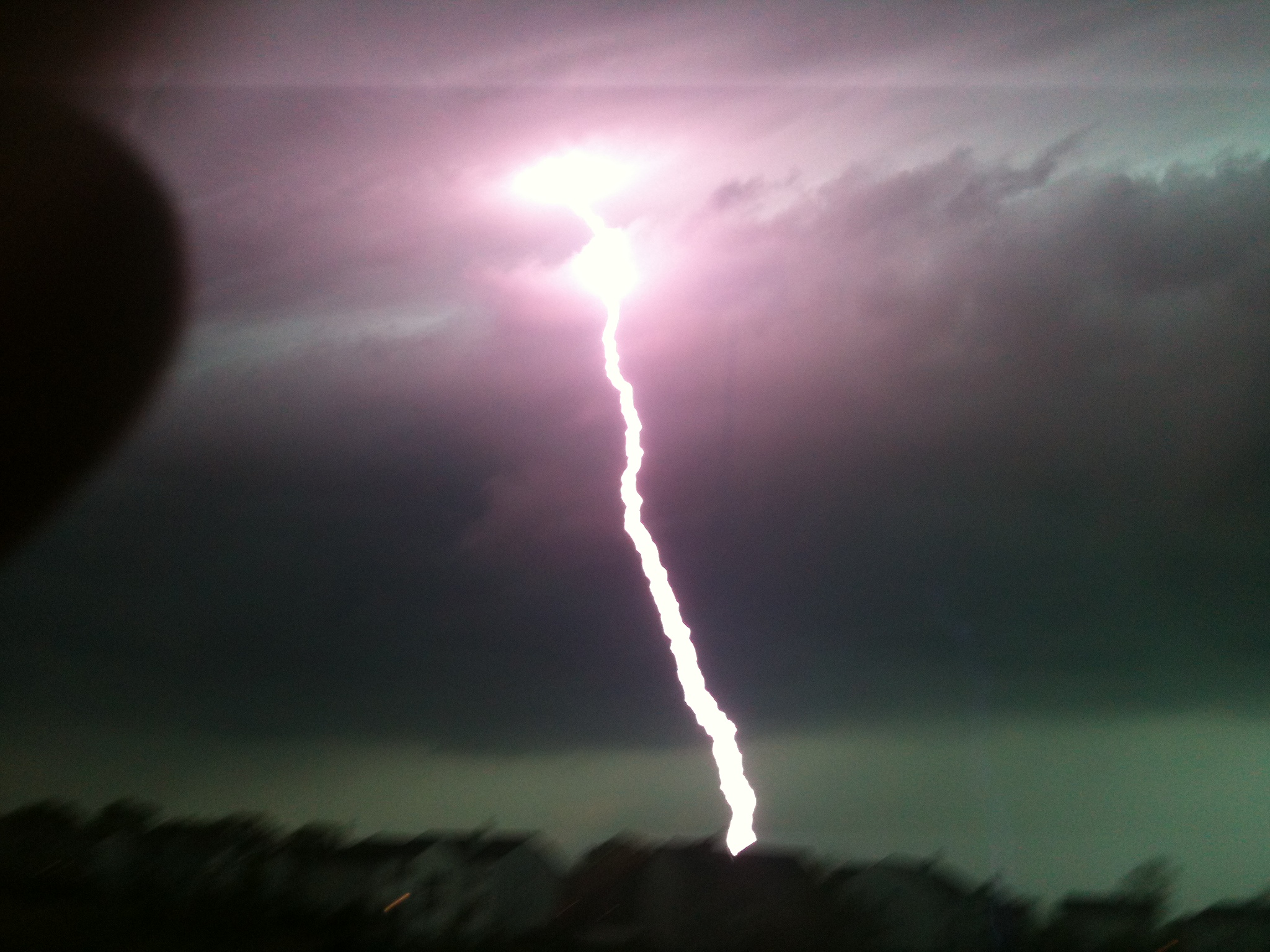A vast cloud of Sahara dust is heading toward the U.S. and could impact Illinois as it inches north.
The dust is currently blanketing the Caribbean with a size and concentration that experts say hasn’t been seen in half a century.
Air quality across most of the region fell to record “hazardous” levels and experts who nicknamed the event the “Godzilla dust cloud” warned people to stay indoors and use air filters if they have one.
“This is the most significant event in the past 50 years,” said Pablo Méndez Lázaro, an environmental health specialist with the University of Puerto Rico. “Conditions are dangerous in many Caribbean islands.”
The mass of extremely dry and dusty air known as the Saharan Air Layer forms over the Sahara Desert and moves across the North Atlantic every three to five days from late spring to early fall, peaking in late June to mid-August, according to the U.S. National Oceanic and Atmospheric Administration. It can occupy a roughly two-mile thick layer in the atmosphere, the agency said.
Many health specialists were concerned about those battling respiratory symptoms tied to COVID-19. Lázaro, who is working with NASA to develop an alert system for the arrival of Sahara dust, said the concentration was so high in recent days that it could even have adverse effects on healthy people.
José Alamo, a meteorologist with the U.S. National Weather Service in San Juan, Puerto Rico, said the plume is traveling toward the U.S. southeast coast.
Weather
According to NBC's Storm Team 5 meteorologists, the dust could make it as far north as the Chicago area. Though the area likely won't see the dramatic conditions the Caribbean has reported, the cloud could make for hazy skies, red sunrises and sunsets and may even impact air quality.
As for timing, the conditions could be seen late Sunday and into Monday.



